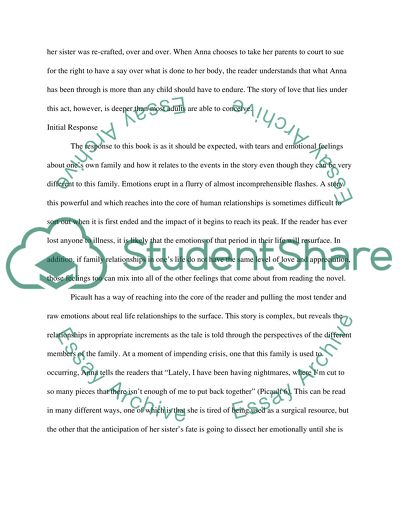Cite this document
(“My Sister's Keeper by Jodi Picoult Book Report/Review”, n.d.)
Retrieved from https://studentshare.org/english/1403577-my-sister-s-keeper-by-jodi-picoult
Retrieved from https://studentshare.org/english/1403577-my-sister-s-keeper-by-jodi-picoult
(My Sister'S Keeper by Jodi Picoult Book Report/Review)
https://studentshare.org/english/1403577-my-sister-s-keeper-by-jodi-picoult.
https://studentshare.org/english/1403577-my-sister-s-keeper-by-jodi-picoult.
“My Sister'S Keeper by Jodi Picoult Book Report/Review”, n.d. https://studentshare.org/english/1403577-my-sister-s-keeper-by-jodi-picoult.


